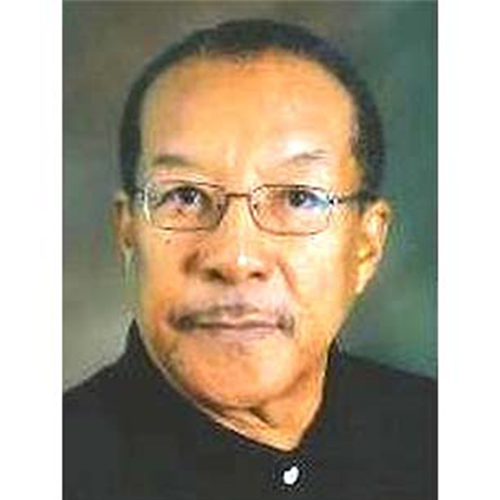Is The Idea Of Reparations A Valid Response To The Injustices Of Slavery And Colonialism?
The following article is republished from The Turks & Caicos Sun and was written on April 9, 2024 by Oliver Mills.

In the current atmosphere of Caribbean history and politics, the idea of reparations is being discussed in many circles of Caribbean life. A new consciousness is developing about Caribbean history, and ways to rectify some of the critical injustices that still haunt Caribbean life.
In a recent presentation to the United Nations General Assembly, carried in “The Turks and Caicos Islands Sun,” Vice-Chancellor Sir Hillary Beckles urges that body to support ‘reparatory justice’ as a development paradigm, and recommit to ‘the decolonization agenda’ for the remaining Caribbean colonies.
The Vice-Chancellor goes on to describe the Trans-Atlantic Trade as an evil enterprise by which Europe and their colonial empires devised a strategy to convert criminality into capital, and a financial bonanza for a number of European interests and institutions.
Reparatory justice in my view has to do with the payment of reparations to the descendants of slaves in the Caribbean, whose ancestors were forcibly brought here and forced to work on plantations without reward, and treated most inhumanely. The advocates of reparations argue that it should be just and fair, and that this would facilitate internal development initiatives by Caribbean people themselves, and help to alleviate much of the poverty and underdevelopment caused by slavery and the plantation system.
However, there are some who dissent from the view of slavery as exploitative, resulting in underdevelopment. These dissenters argue that slavery was a civilizing effort on the part of Europeans, and that many countries on the African continent themselves practiced slavery during the period of European intervention.
A former Prime Minister of the now Republic of Trinidad and Tobago, an eminent historian in his book “Capitalism and Slavery,” demonstrates how the slave trade resulted in huge capital accumulation in European society, which contributed to the industrialization of European economies and society.
This supports Beckles’ views on the aftermath of all this, although he expands on it by noting that there was economic marginalization, social and cultural oppression, and political victimization.
Could all this emerge from the Trans-Atlantic Slave Trade, or is it an unintended exaggeration for effect, by Beckles? Many will think it is not, since, according to some, much of the dislocation in present day Caribbean society harks back to slavery and colonialism.
On the matter of colonialism itself, Vice-Chancellor Beckles states that the Caribbean remains one of the few places where colonies still exist, and poses the question: Why do we have colonies still remaining at this time in our history?
He further asked the United Nations to recommit to decolonization as part of its reparatory justice programme, noting that the payment of moral and development reparations will represent the formation of a new, more equitable global order.
In my estimation, Dr. Beckles seems to overlook the fact that most, if not all, of the remaining colonies prefer to remain in this political status, since it secures their economic development and national security. They point to the fact that many independent Caribbean countries are moving to Republic status.
But the contradiction here, is that no independent Caribbean country is financially independent, and often has to seek economic assistance from institutions that are controlled by the developed countries many of which have been the very colonizers he seems to detest.
Further, many students in the so-called independent countries, prefer to study in the metropole, because they feel they have an advantage over those who have not. And when there is a natural disaster, or threat from a neighbouring country, international institutions, controlled by former colonizers, are contacted for aid, in the case of the former, and security assistance requested in the case of the latter.
But even if reparations are successfully negotiated, which institutions would successfully manage it in a fair and ethical manner? And is there a better and more effective strategy that could replace reparations?
* Oliver Mills is a former lecturer in education at the University of the West Indies Mona Campus. He holds an M.Ed degree from Dalhousie University in Canada, an MA from the University of London and a post-graduate diploma in HRM and Training, University of Leicester. He is a past Permanent Secretary in Education with the government of the Turks and Caicos Islands.
